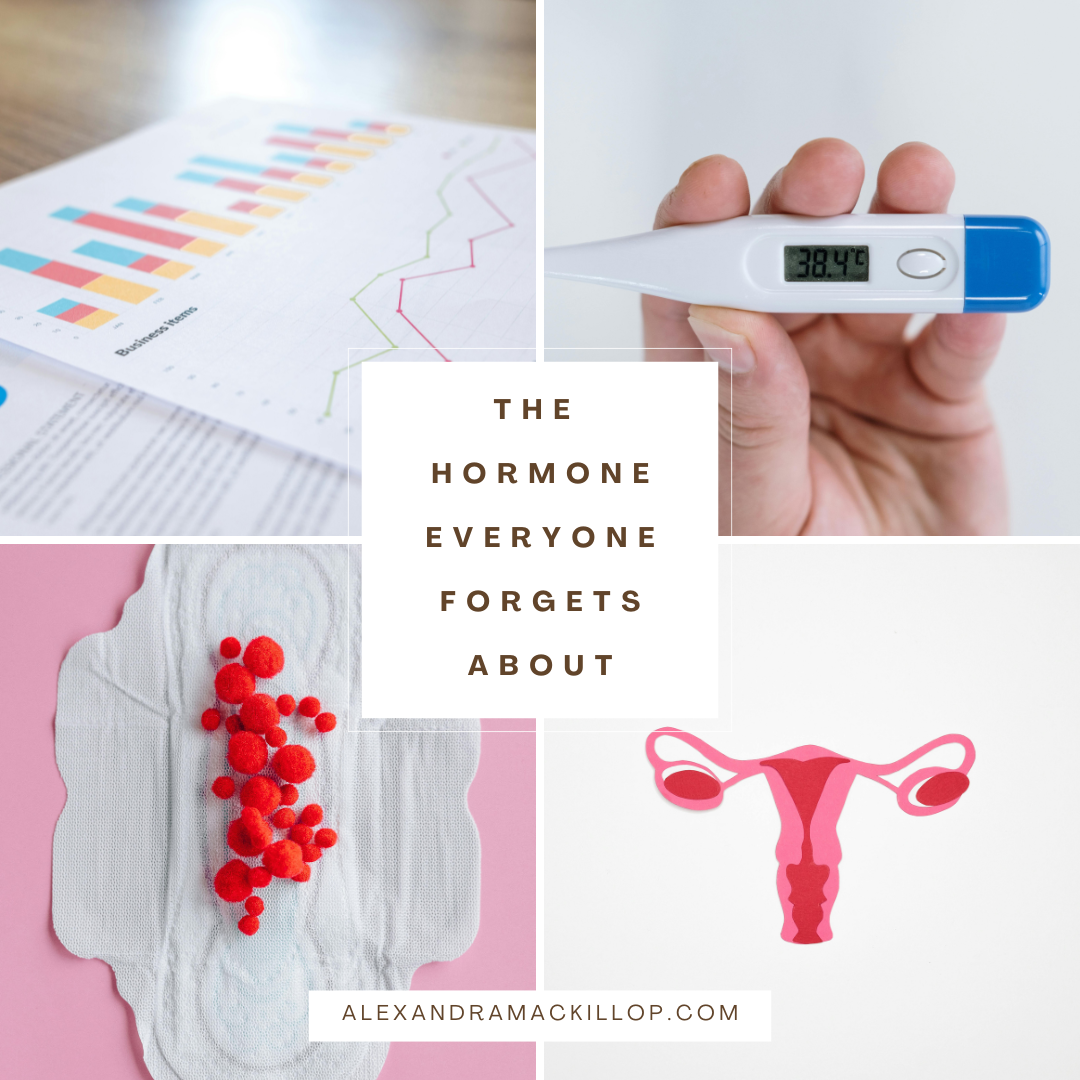-

Functional Medicine Explanations for an Unexplained Infertility Diagnosis
If you’ve received an unexplained infertility diagnosis, you haven’t been given a real answer. In functional medicine, a “unexplained infertility” diagnosis means one thing: no one has investigated your health deeply enough. Ovulation, egg quality, implantation, and hormonal balance are not mysteries. They’re biochemical processes—each influenced by nutrition, inflammation, stress, and endocrine signaling. When…
-

How to Test Progesterone Levels at Home
Progesterone is quite the buzz word these days. Whether you’re in perimenopause and considering hormone replacement therapy (HRT), you’re newly pregnant and having levels tested, or you’re experiencing some menstrual irregularities attributed to imbalances between estrogen and progesterone, the term has likely come up for you. But, what is progesterone? What does it do…
-

How to Make Your Own Seed Cycling Kit for Hormone Balance
As a functional medicine doctor, I often recommend seed cycling—a natural, food-based strategy to support hormonal balance throughout the menstrual cycle. Seed cycling involves consuming specific seeds during different phases of your cycle to provide nutrients that support estrogen and progesterone metabolism. While scientific research on seed cycling is varied, the individual benefits of…
-

Trying to Conceive a Boy vs. a Girl (Can you choose the sex of your baby?)
Are you “trying” for a girl? How about a boy? Maybe you’re like me, and your eldest child is begging for a baby brother, but point-blank stated that you’d better not bring home another sister. Apart from a sexed IVF cycle and earnest prayer, is there anything you can do to help favor conception…
-

Natural Letrozole Alternatives: Holistic Fertility Treatment Through Functional Medicine
One of the most common conditions I treat as a functional medicine doctor is infertility, with countless women looking for ways to avoid fertility treatments. This could include IVF, or simply looking for natural alternatives to fertility drugs, such as natural alternatives to letrozole. For many women, prescription fertility medications like Letrozole become a…
-

How to Use Supplements for PCOS
Polycystic Ovary Syndrome (PCOS) is one of the most common hormonal disorders in women of reproductive age. Affecting approximately 1 in 10 women globally, PCOS presents itself in various forms, each with its own set of symptoms, hormonal imbalances, and underlying causes. Understanding the different types of PCOS and tailoring a diet to address…
-

Estrogen Deficiency In Young women: It’s More Than Just Menopause
Estrogen is a key hormone in women’s health, playing a critical role in the regulation of reproductive health, mood, metabolism, and bone density. While estrogen deficiency is commonly associated with menopause, it can also develop in pre-menopausal women. Estrogen levels may decline prematurely or become imbalanced due to various factors, including stress, irregular eating…
-

How to Get Pregnant After 40 (Without Fertility Treatment)
Let’s be honest—when it comes to fertility, 40 is not the new 20. But, that doesn’t mean it’s impossible. Or even unlikely. Quite the opposite, actually. One of my favorite parts of my job is seeing patients get better, but the icing on the cake is when they have a truly dramatic and objective…
-

How Gut Health Affects Hormone Balance
In recent years, the link between gut health and hormone regulation has become an area of increasing interest in scientific research. Probiotics, the live microorganisms that provide health benefits when consumed in adequate amounts, play a crucial role in maintaining gut balance and supporting overall hormone health. This essay will explore the significant impact…
-

How to Know What’s Up With Your Hormones (The Big 3)
When a woman experiences irregular periods, infertility, or other hormonal symptoms, it can be challenging to determine the underlying cause. Three common conditions—Hypothalamic Amenorrhea (HA), Polycystic Ovary Syndrome (PCOS), and Perimenopause—often share similar symptoms, including menstrual irregularities, weight gain, and changes in mood. However, each of these conditions has distinct underlying causes, and understanding…
